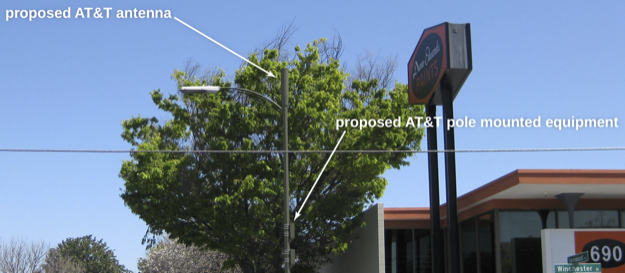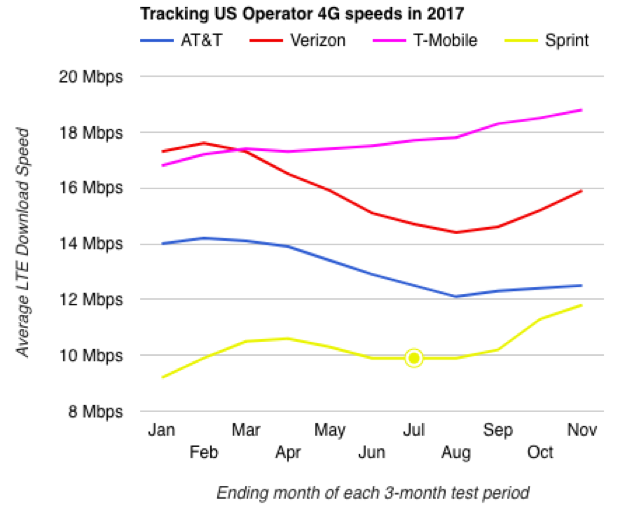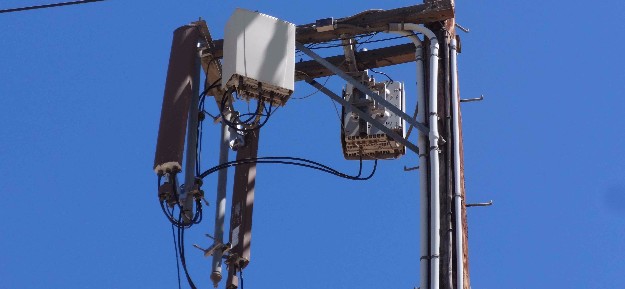San Jose cuts $1,500-plus light pole lease deal with AT&T

The City of San Jose and AT&T have a new agreement to put “small cells on city-owned assets in the public right of way”. A formal contract is still to be negotiated, but assuming the San Jose city council signs off on the deal points, AT&T will install “approximately” 170 small cell sites to upgrade mobile broadband coverage on city-owned light poles and other vertical infrastructure.
AT&T will pay the city an annual lease rate of $1,500 per small cell site, plus $1,850,000 to process the immediately necessary paper work and streamline future requests.… More




![By Tomas Castelazo (Own work) [GFDL (https://www.gnu.org/copyleft/fdl.html) or CC BY-SA 4.0-3.0-2.5-2.0-1.0 (https://creativecommons.org/licenses/by-sa/4.0-3.0-2.5-2.0-1.0)], via Wikimedia Commons](https://www.tellusventure.com/images/2017/9/letter_to_santa.jpg)
![By Slowking4 (Own work) [GFDL 1.2 (http://www.gnu.org/licenses/old-licenses/fdl-1.2.html)], via Wikimedia Commons](https://www.tellusventure.com/images/2018/1/net_neutrality_banners.jpg)
![By Credo Action (Protect Net Neutrality rally, San Francisco) [CC BY 2.0 (http://creativecommons.org/licenses/by/2.0)], via Wikimedia Commons](https://www.tellusventure.com/images/2018/1/sf_net_neutrality_demo.jpg)
![By Slowking4 (Own work) [GFDL 1.2 (http://www.gnu.org/licenses/old-licenses/fdl-1.2.html)], via Wikimedia Commons](https://www.tellusventure.com/images/2018/1/open_internet_dont_tread_on_me.jpg)
![Ralf Roletschek [GFDL (https://www.gnu.org/copyleft/fdl.html) or CC BY-SA 3.0 (https://creativecommons.org/licenses/by-sa/3.0)], via Wikimedia Commons](https://www.tellusventure.com/images/2017/10/roulette.jpg)
![By Gerald Nino, CBP, U.S. Dept. of Homeland Security [Public domain], via Wikimedia Commons](https://www.tellusventure.com/images/2018/4/police_uav_operators.jpg)